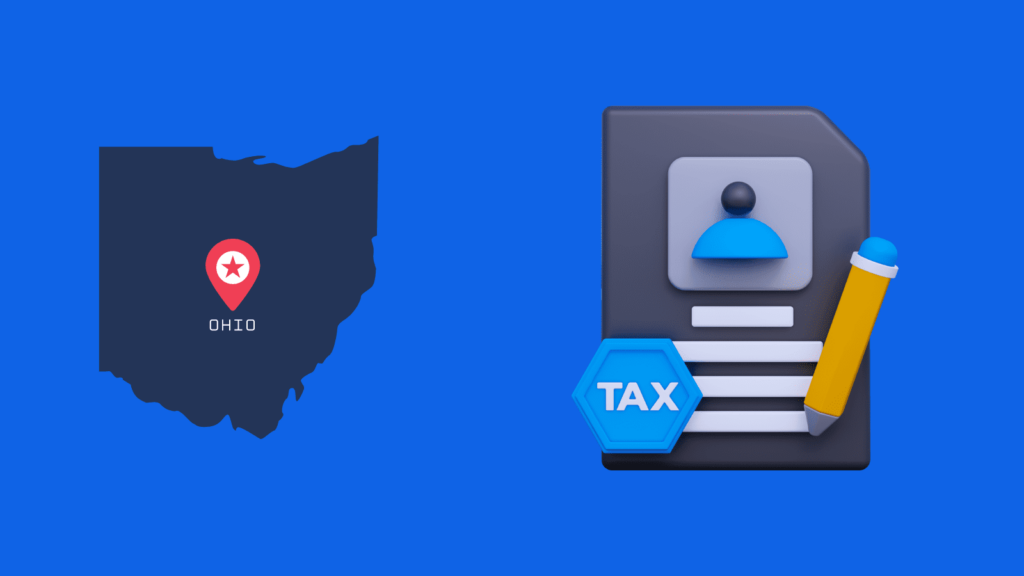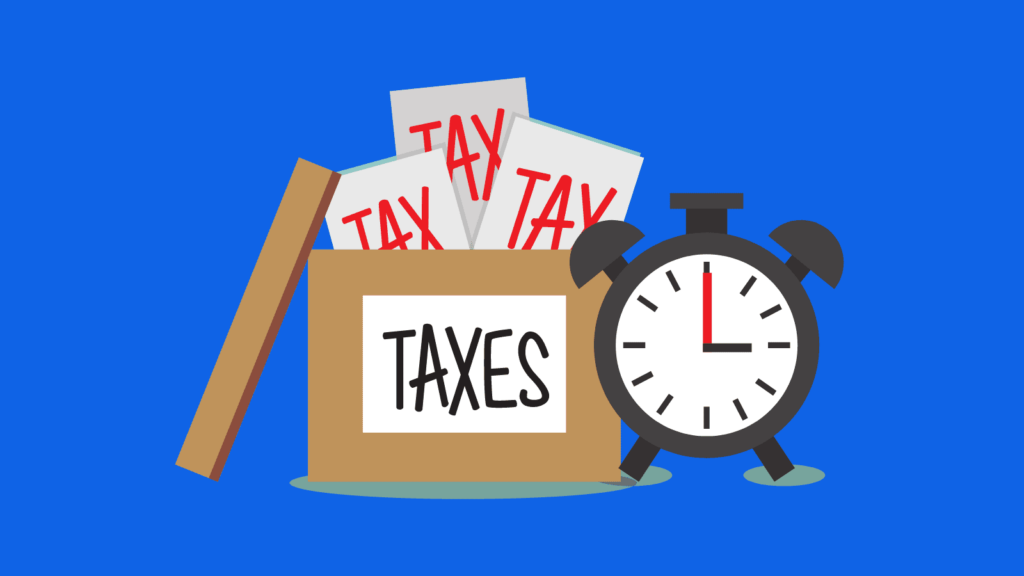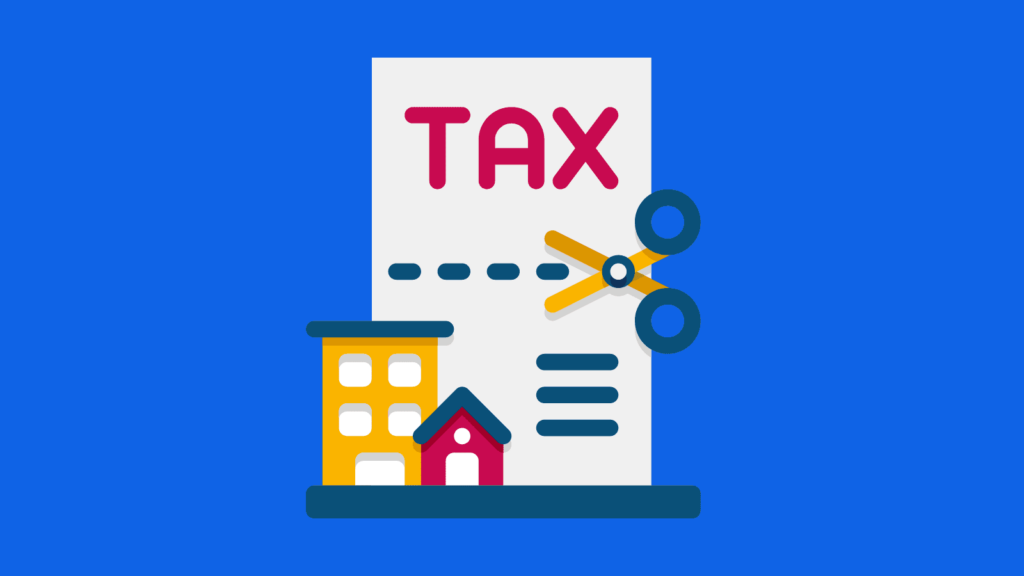Corporate Income Tax in New York: A Complete Guide for 2022
January 1, 2023

peakreliance
Accounting, Bookkeeping, Taxes
Are you running a business in New York and looking for information about corporate income tax in 2022? You’ve come to the right place! New York has a complicated tax system, and it can be overwhelming to understand all the rules and regulations, but fear not – this article provides all the essential details you need to know about corporate income tax in New York in 2022. We’ll start with a brief overview of the state’s tax structure, then go into the specifics of what’s applicable to your business. We’ll also provide insight into how New York’s corporate income tax compares to other states, as well as what tax credits and deductions are available to businesses. Finally, we will provide tips to ensure you’re in compliance with the law and paying the correct amount of tax. So, if you’re ready to learn everything you need to know about corporate income tax in New York in 2022, let’s get started!
Overview of New York State Tax Structure
New York has a progressive tax structure that consists of three levels – state, county, and local. For the state level, New York’s income tax is based on the federal income tax system. At the county level, there are no local income taxes, but there’s an alternative minimum tax that applies to certain types of businesses. Finally, local taxes vary significantly, and there’s no standardized system for calculating them. As a result, it’s very important to check with your city or county to determine exactly how much you’ll owe. There are a number of deductions and credits available to help individuals and businesses lower their tax burden, and taxpayers can also claim New York’s tax rate reduction credit.
Corporate Income Tax Rates in New York in 2022
The New York corporate income tax rate is 8.82%. Corporate tax rates are applied to the taxable income of a corporation. The taxable income is determined by subtracting any allowable deductions from the federal taxable income. To calculate the New York corporate income tax, you must use taxable income, which is different from gross income. Gross income is the amount of income a business receives before any deductions are taken. For example, if a company has a net profit of $100,000, gross income would be $100,000. When a company pays out salaries and benefits to employees, they are reducing gross income. Taxes are also subtracted from gross income. So if a company pays $25,000 in taxes, the gross income is reduced to $75,000. Taxable income is calculated by taking gross income and subtracting deductions.
How New York’s Corporate Income Tax Compares to Other States
New York’s tax rate is significantly higher than average, which might cause businesses to look for alternatives. However, a high tax rate can also be a positive factor, as it demonstrates that the state has a robust economy and the ability to invest in important programs like education. Furthermore, New York’s tax rate reduction credit, which we’ll outline in a moment, can help businesses offset the cost of the state’s corporate income tax.
Tax Credits and Deductions Available to Businesses in New York
New York offers businesses a variety of tax credits and deductions to help lower their tax burden. For example, the New York State Research and Development Tax Credit provides an incentive for companies to conduct research and development activities in the state. Another tax credit available to businesses in New York is the Empire State Manufacturing Credit. This credit encourages manufacturers to create new jobs in New York. There are also a number of deductions available to help businesses lower their taxable income. For example, you may be able to deduct any applicable equipment and machinery, as well as the cost of energy used for operation and maintenance. There are a number of other deductions you can claim as well. By taking advantage of all the credits and deductions available, along with the New York state tax rate reduction credit, businesses can significantly reduce their tax burden.
Filing Requirements for Corporate Income Tax in New York
If you operate a corporation in New York, you’re required to file Form IT-201, Corporate Income Tax Return, by the last day of the fourth month after the end of the fiscal year. This means that for fiscal years ending on December 31, 2022, the due date is April 15, 2023. If you fail to file your taxes on time, you’ll receive a non-filing penalty. To avoid paying this penalty, you can pay what you owe plus interest, file an extension, or request a waiver of the penalty. As a corporation owner, you’re also required to file an owner’s withholding allowance certificate. If you fail to do so, you could receive a penalty of $50 or 10% of the amount that should have been withheld. Furthermore, you may be required to provide a certified copy of your federal income tax return.
Tips for Compliance with Corporate Income Tax in New York
Now that you have a good understanding of New York’s corporate income tax rules, you can take steps to ensure compliance. Here are a few tips to help you stay on track:
- Review the tax rules for your industry. If you run a small business, it can be challenging to stay on top of all the tax rules. This is particularly true for industries that have special tax rules, such as insurance, real estate, and health care. Reviewing the rules for your industry can help you stay informed and avoid costly mistakes. Stay on top of your accounting
- Poor record-keeping can lead to mistakes, and these mistakes can result in additional taxes. If you fail to report a business expense, you may not be able to claim it on your tax return. Also, if you fail to report income, you may end up owing more than you need to.
Conclusion
The New York corporate income tax rate is significantly higher than the average state rate. Additionally, the state has one of the highest rates among the largest economies in the country. Although a high tax rate can be troublesome for businesses, New York has a robust economy and the ability to invest in important programs like education. Fortunately, there are a number of tax credits and deductions available to help businesses lower their tax burden. Additionally, corporations are required to file Form IT-201, Corporate Income Tax Return, by the last day of the fourth month after the end of the fiscal year. Now that you have a good understanding of New York’s corporate income tax rules, you can take steps to ensure compliance. Remember, your tax situation will likely change over the next few years. Be sure to stay informed on any new tax laws or regulations, and take steps to ensure compliance.
Need help with your corporate income taxes in New York? Contact us at +1 (718) 218-5558 or [email protected] to learn more about our services and get expert assistance with your tax obligations.
Post Tags :
Corporate income tax, New York
About Us
Empowering small businesses and individuals with efficient and reliable bookkeeping & tax services.



















